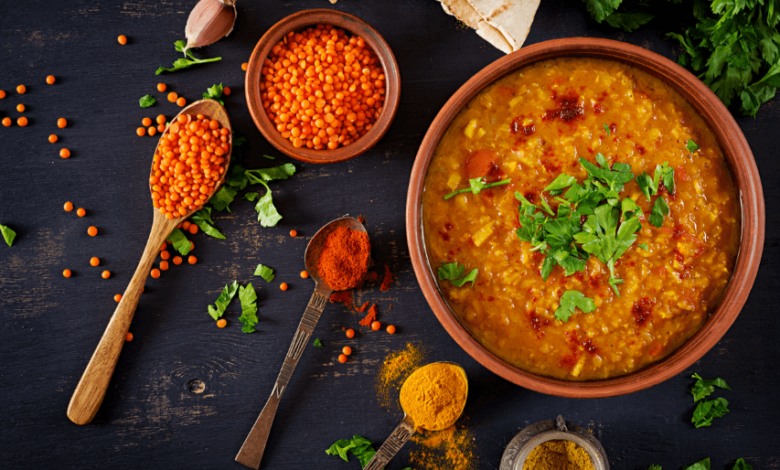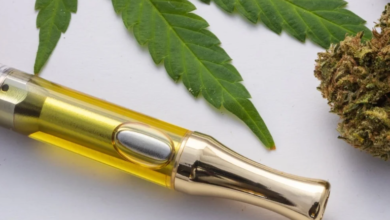Ghee vs Oil in Masoor Dal: Which One Gives the Best Taste and Health Benefits?

In every Indian kitchen, Masoor Dal is a comfort food, often prepared with either ghee or oil for the perfect tadka. However, you’ve most likely debated whether ghee or oil is the healthier choice for the masoor dal recipe at home.
Let’s compare the taste, nutrition and cooking benefits of each and settle this debate.
Understanding Ghee and Oil
Read further to know exactly what to pick for your perfect masoor dal recipe the next time you are shopping groceries for yourself.
Ghee
Ghee is a form of clarified butter made by heating regular butter to remove water and milk solids, leaving behind a golden, aromatic fat. It is used for tadka in any masoor dal recipes, curries, and even sweets, as it brings deep flavour to dishes.
Oil
Cooking oils come in all kinds: mustard oil for a bold flavour, sunflower oil for neutrality, and olive oil for a light, fruity taste. The right pick depends on what you are cooking.
See also: How We Helped 500+ Students Get Into Top Global Universities
Health Benefits: Ghee vs. Oil in Masoor Dal Recipe
| Criteria | Ghee | Oil |
| Type of Fat | Contains saturated fats along with healthy omega-3 fatty acids and conjugated linoleic acid (CLA). | It varies by oil type. It can contain monounsaturated fats (MUFA) and polyunsaturated fats (PUFA), which are both heart-healthy. |
| Heart Health | CLA and omega-3s may support heart health, but excess consumption of saturated fats can raise cholesterol. | Oils like olive oil and mustard oil are rich in unsaturated fats. These fats can help lower LDL, or bad cholesterol, and improve heart health. |
| Vitamin Content | It is high in fat-soluble vitamins (A, D, E, K). These vitamins are essential for skin nourishment, immunity, and bone health. | Oils do not naturally contain fat-soluble vitamins unless fortified. Olive oil has some vitamin E. |
| Digestive Benefits | Aids in digestion by stimulating digestive enzymes, improving gut health. | Certain oils, such as mustard oil, have mild antimicrobial properties that may aid digestion. |
| Metabolism Boost | Contains butyrate, a short-chain fatty acid that supports metabolism and gut health. | Oils generally do not contribute primarily to metabolism enhancement. |
| Anti-Inflammatory Properties | Ghee is rich in antioxidants and has mild anti-inflammatory properties. | Oils like mustard oil and virgin olive oil contain anti-inflammatory compounds like oleic acid and omega-3s. |
| Cholesterol Impact | Contains dietary cholesterol but also has good fats that may balance overall cholesterol when consumed in moderation. | Oils are naturally cholesterol-free, making them a preferred option for those with high cholesterol. |
| Special Diets | Not suitable for vegan diets but is lactose-free | Suitable for vegan diets |
| Cooking & Smoke Point | High smoke point (~250°C), making it stable for high-heat cooking. | Smoke points vary by type (e.g., olive oil ~190°C, mustard oil ~250°C, sunflower oil ~230°C). |
Which One Should You Choose?
If you love rich, traditional flavours, ghee is the best choice for your masoor dal recipe. However, if you are watching your cholesterol or prefer plant-based options, oil might be a better choice.
A smart approach is to use ghee occasionally while incorporating healthy oils into daily cooking. Oils are the way to go for people with vegan diets or lactose intolerance.
Over To You
Ghee and oil offer distinct health benefits. Choosing between them completely depends on your dietary needs. The best choice for a masoor dal recipe depends on your lifestyle—whether you want the classic, authentic touch of ghee or the lighter, plant-based benefits of the oil.
Next time you are shopping groceries, why not stock up on both? Buy them today!




